2022-23 Sponsored Research in the College of Arts and Sciences
The College of Arts and Sciences faculty are engaged in a great number of research projects across our three divisions: Natural Sciences, Social Sciences and Humanities. Within our college’s more than 50 departments and programs, over $53 million in grant dollars are at work uncovering answers to some of the world’s most pressing questions. Here’s a snapshot of the funded projects researchers at the College of Arts and Sciences investigated in the 2022-2023 academic year, along with featured stories showcasing the breadth and depth of our faculty’s work across the college.
Our Research in Action
Curious about how our researchers are making an impact? Below we spotlight several stories that feature research projects across our three divisions. Dive in and learn a bit more about why our faculty love what they do and why they are committed to making a difference in our world.
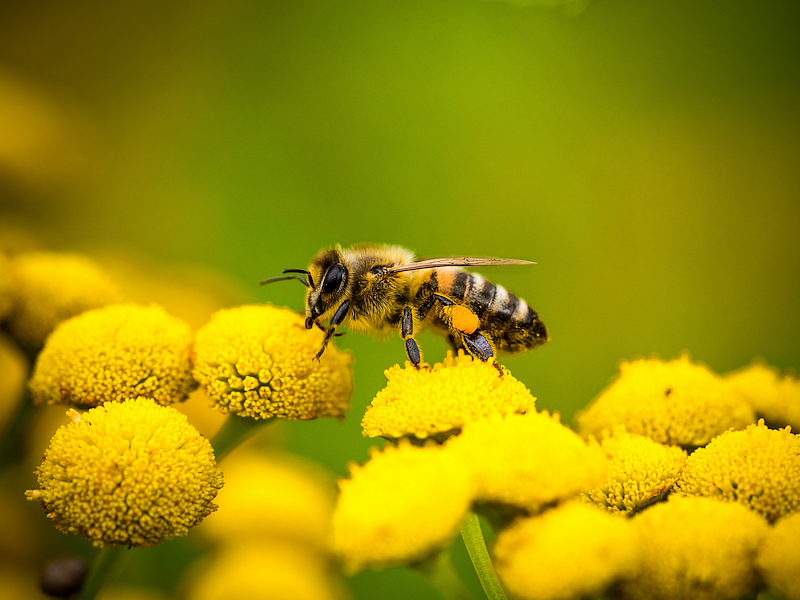
Bringing the buzz back to Pacific Northwest forests
Researcher: Lauren Ponisio, Biology
Examining Potential Floral Enhancements in Harvested Forests for Promoting Bee Populations, and the Barriers and Incentives to Adopting Bee-friendly Practices
Bee populations in North America have been on the decline for decades. A team of researchers led by Lauren Ponisio, assistant professor of biology, has been working to find a way to help them bounce back by reintroducing native plant species throughout post-wildfire timber plantations in the Pacific Northwest.
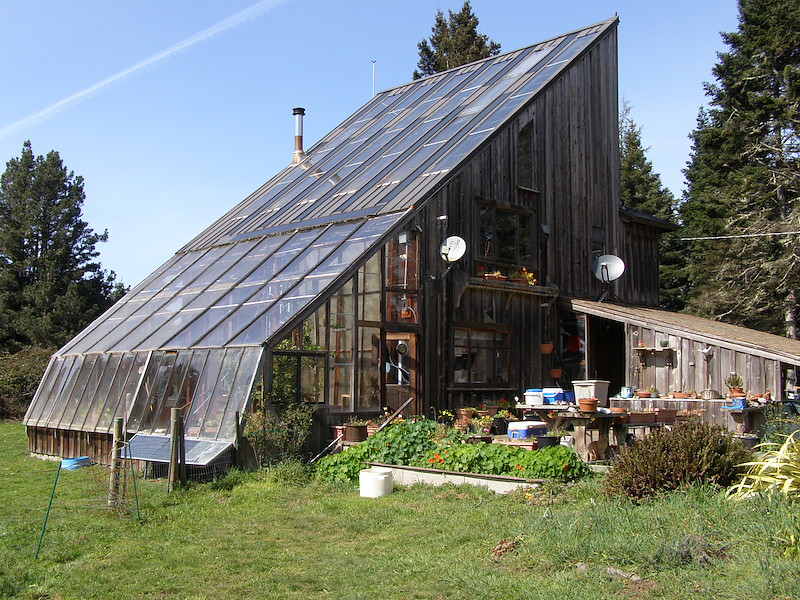
Harnessing nature's wisdom through building design
Researcher: Alexandra Rempel, Environmental Studies
A Design Tool and Intelligent Control Platform for Capturing Climatic Heating and Cooling Resources in Buildings
Alexandra Rempel, an associate professor of environmental design in the Environmental Studies Program, is leading multiple research projects aimed at reshaping the way we think about constructing buildings, including climatic heating and cooling resources. "I'm very interested in earth-building," she says.

Supporting global humanities with modern storytelling
Researchers: Rachel DiNitto, Maram Epstein, East Asian Languages and Literatures
Creating a New Global Public Humanities Undergraduate Major Track
Academics studying the humanities have traditionally communicated their findings primarily through academic essays and publications, but two faculty members are developing a new major within the Schnitzer School of Global Studies and Languages to train students in the modern methodologies of the public humanities.

Making the benefits of artificial intelligence accessible to all
Researcher: Thien Nguyen, Computer Science
Multilingual Learning for Event Structures from Text
Natural language processing allows computers to recognize and disperse information about events such as natural disasters, cyberattacks, disease outbreaks, and protests by scanning text from news articles or other online sources. Thien Nguyen, assistant professor of computer science, is leading an effort to make these alerts available in a broader variety of languages.
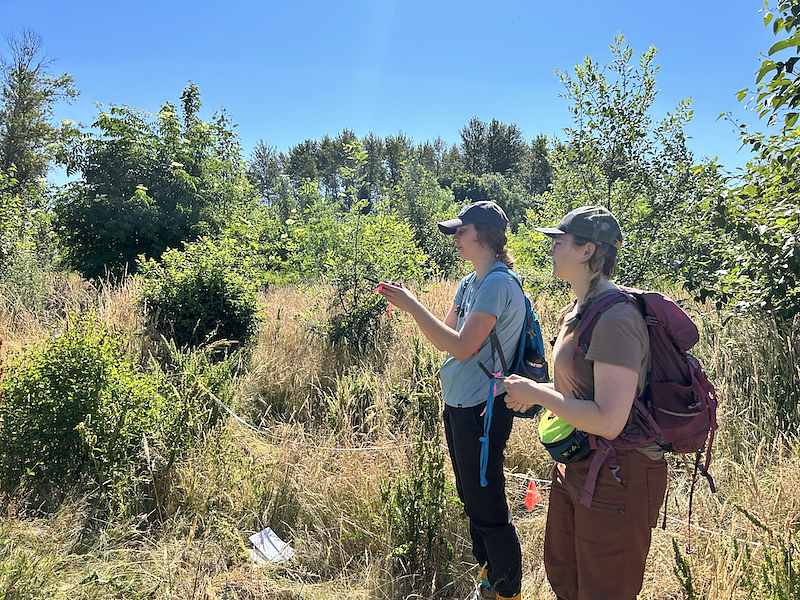
Addressing climate change in the Pacific Northwest
Researcher: Lucas Silva, Environmental Studies and Biology
Nature Conservancy Grant to Study Climate Benefits of Riparian Reforestation across a Diversity of Watersheds in Oregon
Climate change continues to challenge humanity. To address the rising greenhouse gas emissions, which contribute to climate change, College of Arts and Sciences researcher Lucas Silva and his team are studying how replanting vegetation along rivers can help with sequestering and storing carbon.
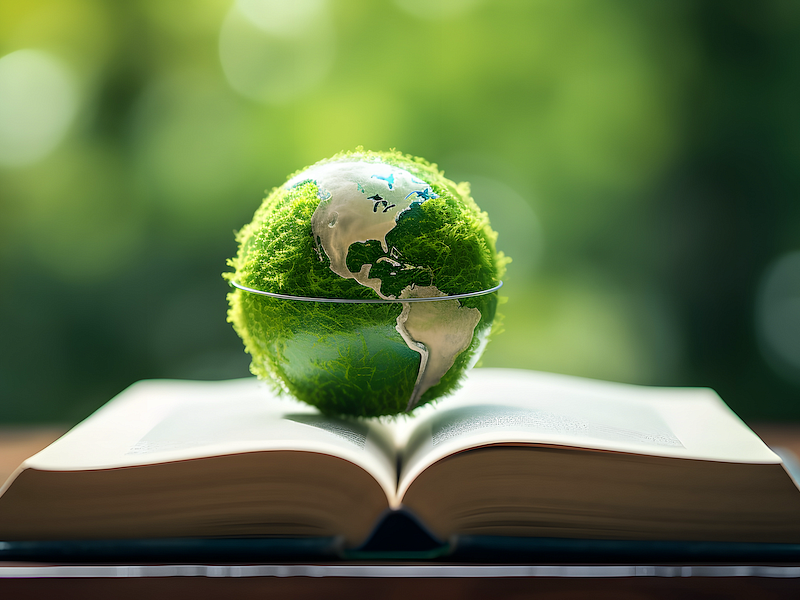
How literature can teach us about environmental justice
Researcher: Sarah Preston, English
Toxic Entanglements: Advertising and Material Toxicity in Environmental Justice in Literature
Sarah Preston, a career instructor in the English department, received $35,000 from the prestigious American Council of Learned Societies to explore how literature from underrepresented authors portrays advertising that promotes pesticides and carcinogenic substances, from hair dye to toxic spills.
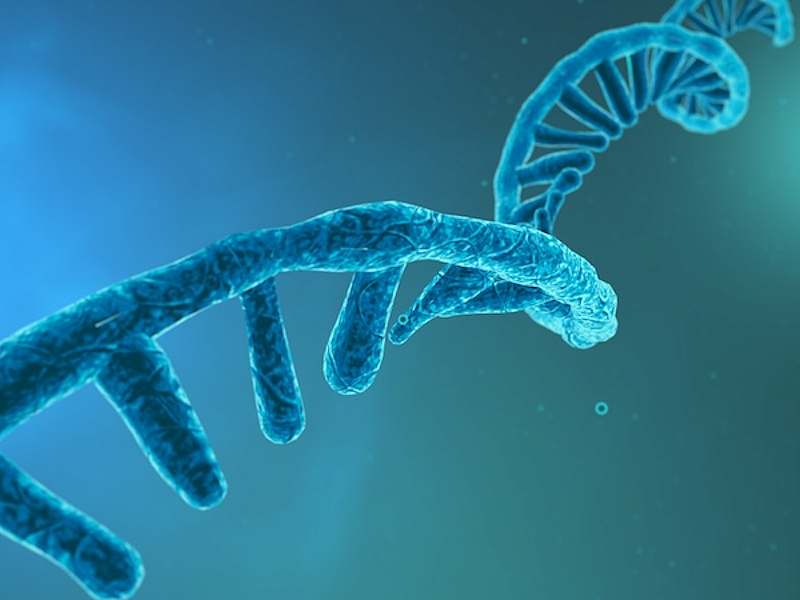
Decoding RNA to advance medicine and technology
Researcher: Julia Widom, Chemistry and Biochemistry
Mapping the Sequence Landscape of RNA Structure, Dynamics and Protein Interactions Using High-throughput Single-molecule FRET
Assistant Professor Julia Widom is leading a team of dedicated researchers delving into the complex world of RNA, the messenger that carries instructions to the body’s genetic building blocks—and holds the potential to help shape the future of medicine and technology.

How work affects our free time and what it means for retirement
Researcher: Kathleen Mullen, Economics
Job Demands, Time Use, and the Timing of Retirement
The effect of a job isn’t limited to being on the clock. Kathleen Mullen, associate professor of economics, is exploring how jobs affect workers’ free time—and how that could influence the decision to retire.
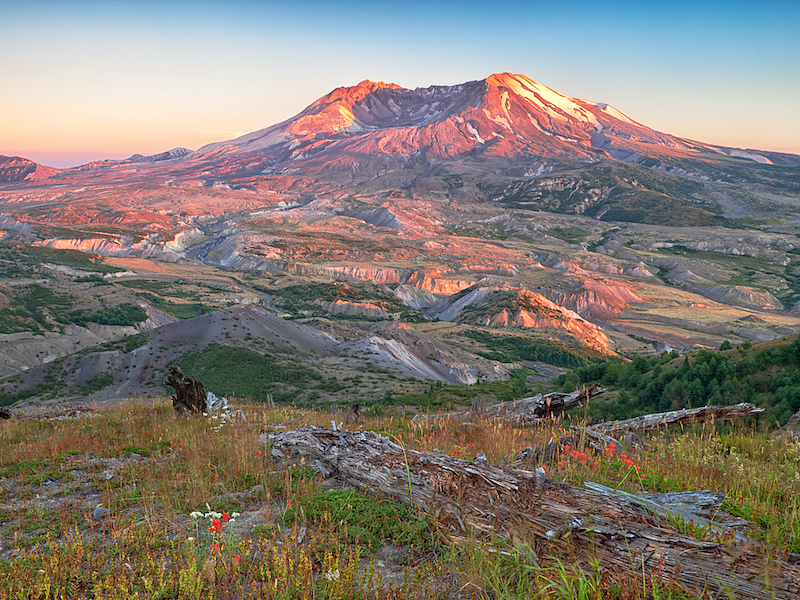
Opening a window to the inner ‘cooking’ of a volcano
Researcher: Thomas Giachetti, Earth Sciences
Detailed Distributions of Tephra Fall Characteristics: Insights into Magma Fragmentation and Transport Via Volcanic Plumes
Analyzing volcanic ash and rocks can help researchers predict how the next eruption will unfold. Thomas Giachetti, professor of Earth sciences, aims to accelerate the scientific community’s ability to accurately model volcanic eruptions by streamlining the process for analyzing samples.

